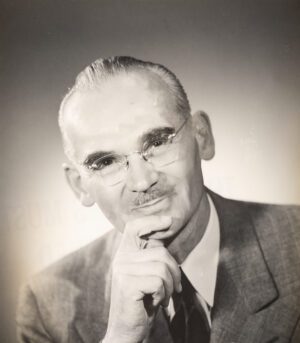Dan Chiasson, called “the country’s most visible poet-critic,” has put his finger on something, and it hurts.
Writing in a recent New Yorker about the poets of the so-called New York School, he remarks: “All at once, a generation of dazzling young people who had studied the canon in deadening classrooms remembered that poems could be, and always had been, anything at all—an invitation, an apology, a thank-you note, a recipe, a valentine.”
With these words he captures, and blesses, the revolution in taste that spread from several centers in the 1950s and 1960s and now holds the commanding heights of the poetry world (Chiasson has a prestigious professorship at Wellesley).
Maybe Chiasson is saying that a poem could be about anything? Fair enough. That goes back at least to Baudelaire. But can it really be anything?
Once upon a time a poem was more or less defined by sound: it was a rhymed, metrical, or otherwise stylized form. The Modernists drew the border between poetry and prose along another line. A poem, formal or not, should create a more intense experience than prose, achieved by a variety of means, and it should so from the first line to the last of anything called a “poem.” This demand created new problems for writers (and readers), which several generations labored with varying success to solve.
Then came mid-century, the era of the Beats, the New York School. and Black Mountain. These new leaders chucked both traditional and modernist criteria, leaving … what? “An invitation, an apology, a thank-you note, a recipe, a valentine.” Or, needless to say, a political or social commentary.
The word “poetry” has become a title conferrable on any piece of language. It is a pedestal on which any verbal object can be placed.
This quiet redefinition might lead to a corresponding modesty. Yet these P words—poetry, poem, poetic—still have an aura. They are still terms of prestige. Poets—those who write their stuff with line breaks, and sometimes initial capitals—still wish to be regarded by definition as Artists, and of a superior sort.





